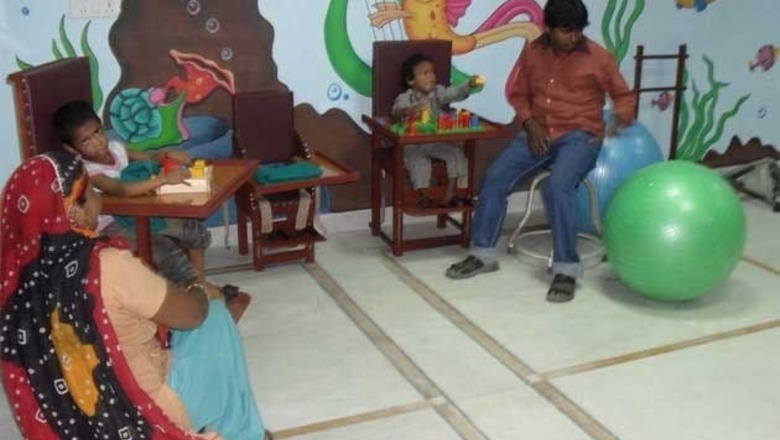
views
Relief and rehabilitation programmes in India are a challenging and a long-drawn affair. Victims of natural disasters and disempowered children suffering life-threatening diseases in the absence of medical attention have very little to rely on.
The Government, best equipped to handle such a crisis situation, more often than not falls short of expectations. Perhaps, it is a result of the multiple layers of bureaucracy inherent to centralised decision-making. But thankfully, the Government is not the only entity equipped to tackle such a situation.
The role of private players, such as non-profit charitable institutions, therefore becomes critical. In India, there is a plethora of such organizations dedicated to providing aid and rehabilitation. One such charitable body is Relief India Trust (RIT).
Amongst its various projects, Relief India Trust is managing a rehabilitation center for physically and mentally challenged children in New Delhi and across the country, providing underprivileged children with free treatment and transportation.
"We have a staff of over 25 professionals that include medical consultants, physiotherapists, occupational therapists, speech therapists, psychologists and social workers. We offer medical consultations to disabled children and critical treatments like corrective rehabilitative surgeries, orthopaedic and eye surgeries and cochlear implants at various leading hospitals," said RIT's spokesperson.
Six-month old Krishna Chowdhary required an open heart surgery (arterial switch operation) to prevent consistent damage to his heart and the cost of the operation was 2, 50, 000. The family could only manage a little over a lakh. Krishna's father, Arvind Chowdhary, was advised to reach out to Relief India Trust for support.
"Doctors at Relief India Trust wrote to Escorts Heart Institute on our behalf and the response was immediate. Their goodwill and relationship with Escorts saved my child's life," said an emotionally charged Arvind, who has himself volunteered to work with the organisation to help in his own way. Free medicines are also provided for Thalassemia patients at the Kalawati Saran children's hospital in Delhi and blood donation camps are conducted to provide blood to various hospitals. The Government has also extended its support to the organisation by providing it with resources and other related benefits.
Due to a combination of poverty and absence of a rehabilitation tradition, the field of rehabilitation is still underdeveloped in India. As a general rule for developing countries, the WHO estimates that only 1-2 per cent of patients who need rehabilitation actually have access to it. There is an overall lack of emphasis on preventive, promotive and rehabilitative care. This is a bleak scenario and unless the Government and the private and the NGO sectors join hands, little will be achieved.
There are over 1600 voluntary organisations serving people with disabilities in India. They have a variety of missions such as raising awareness, lobbying, networking, research, vocational training and rehabilitation.
This is not an optimum number for an over-populous country like India. Survey has revealed that numerous charitable ideas and plans failed to take off for want of resources and Government support. The State administration could offer incentives and holistic support to emerging and prospective organisations if the deficit is to be covered.











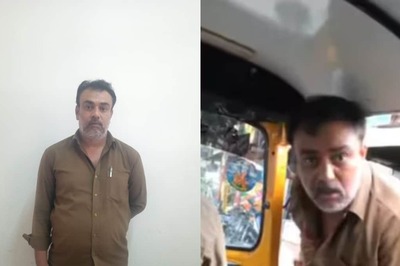

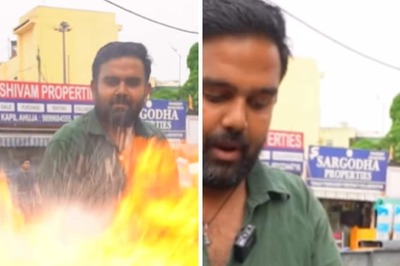

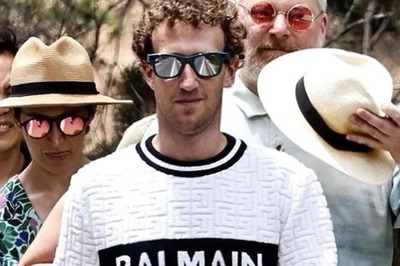
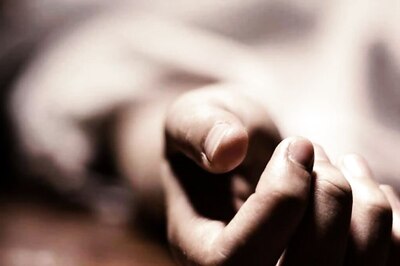

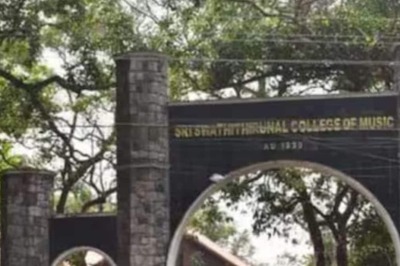

Comments
0 comment